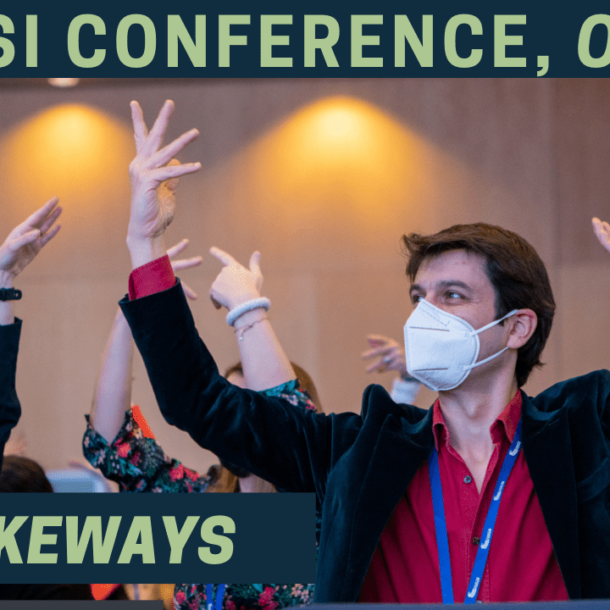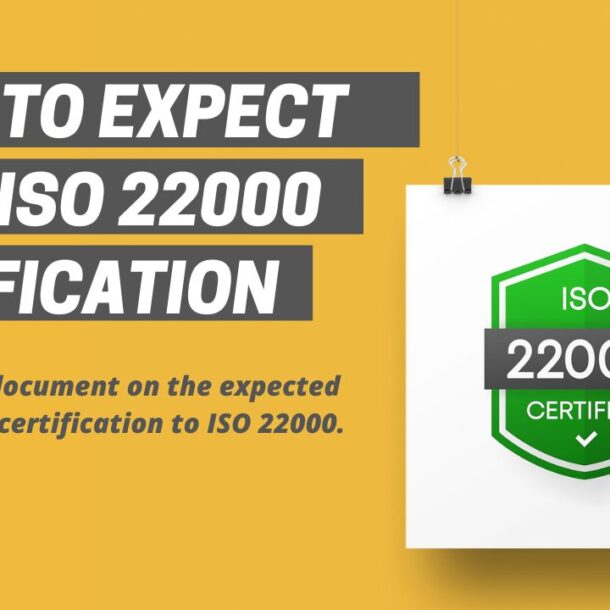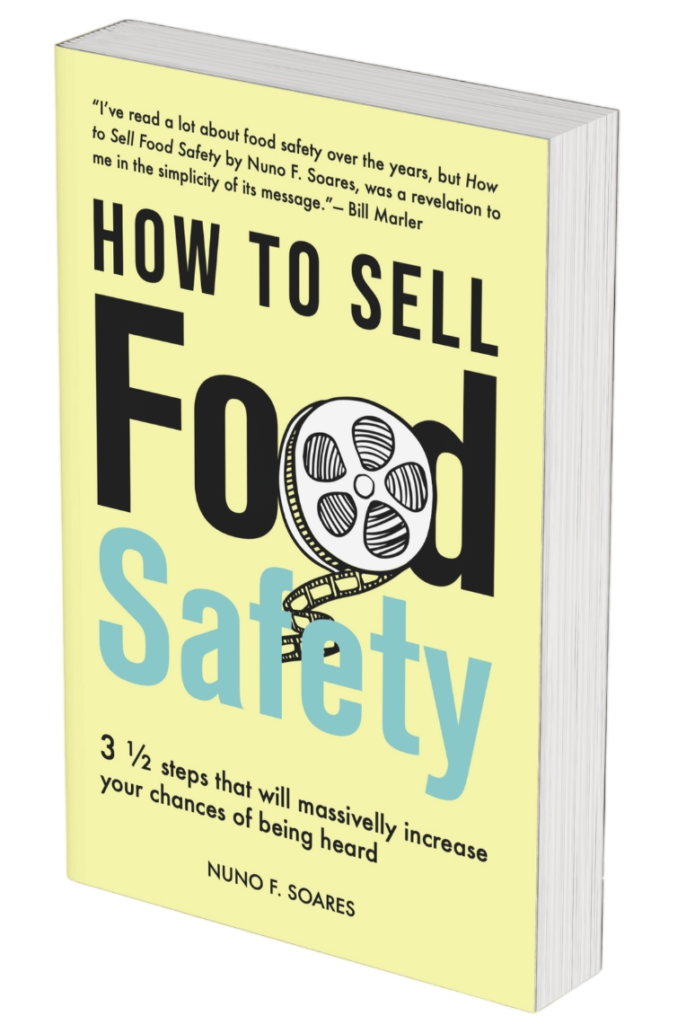
It is unimaginable to think of the food industry without the implementation of Food Safety Standards. We all know that Food Safety Standards play the most crucial role in ensuring the supply of safe food. However, to do so, it is preconditioned that these standards are understood by everyone in the organization and that these should be implemented in its entirety.












